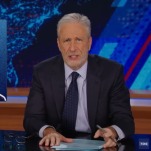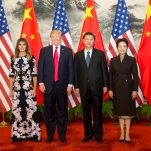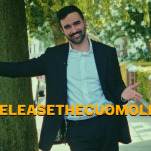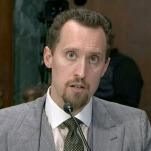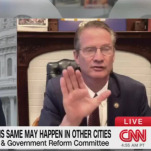Trump Wants to Impose a State-Sanctioned Echo Chamber on America
Photo by The White House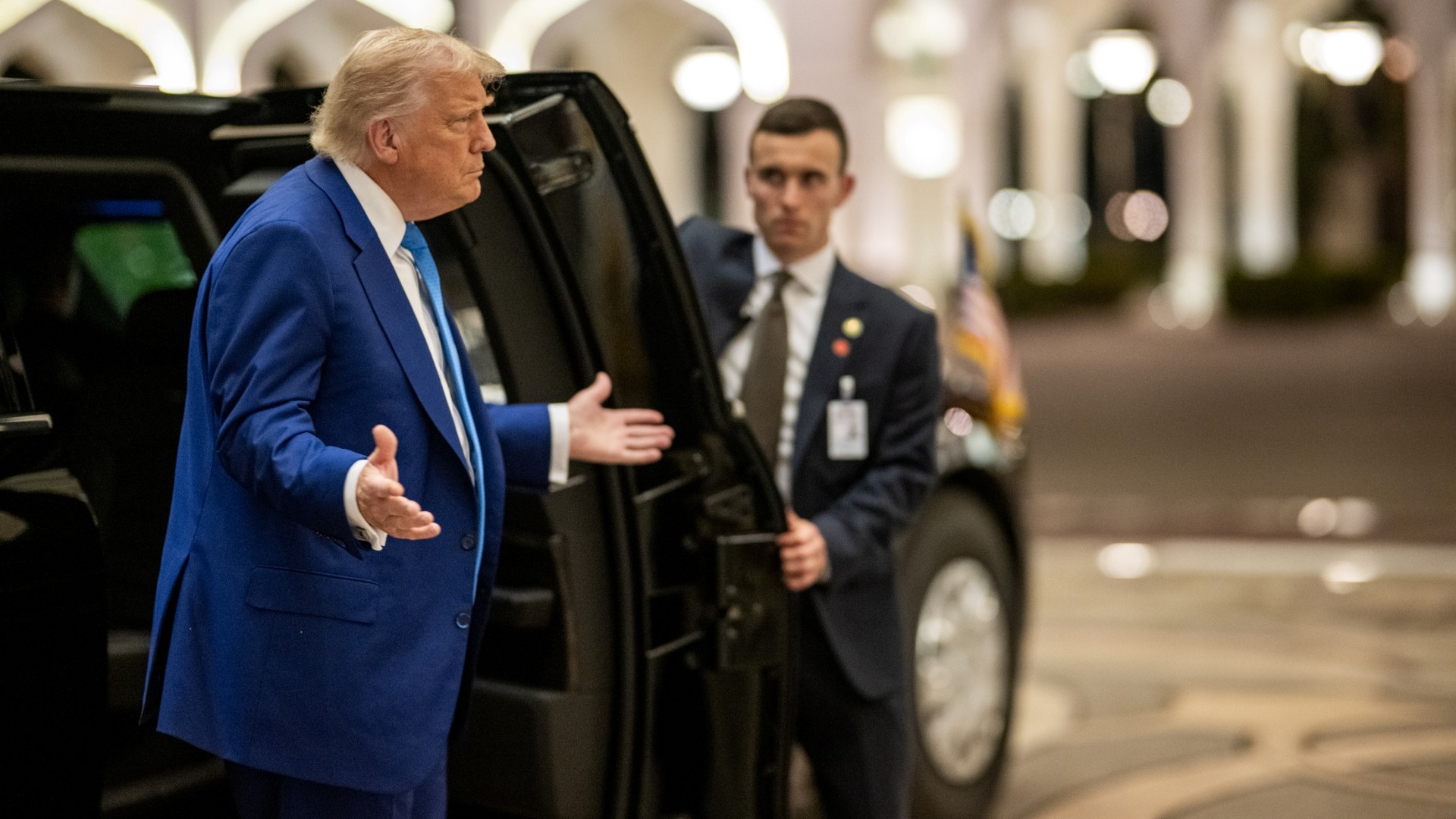
From the Alien and Sedition Acts of 1798 to McCarthy-era Hollywood blacklists, American history is marked by a cycle of recurring attempts to police dissent and control narratives that may even potentially threaten state interests. Since taking office, the Trump administration has continued this cycle by repeatedly delegitimizing the press and mounting a sustained campaign against socially enforced norms that protect the circulation of dissenting ideas, namely those that expose state wrongdoing. By way of regulatory pressure on institutions including digital platforms and universities, the Trump administration has revealed a pattern of widespread interventions that have produced a chilling effect impacting journalists, academics, whistleblowers, and ordinary citizens. The U.S. government’s most recent approach to speech has marked a particularly acute episode in an ongoing battle over the conditions of open expression in the United States and the future of free speech.
Trump’s popular denunciation of the press as “fake news,” which became a part of the meme lexicon, became part of his administration’s open attacks targeting journalists. The Department of Justice’s pursuit of whistleblowers intensified the national security state’s war on transparency. His administration’s interventions in universities and threats against social media platforms represented attempts to reshape the ecosystem of online speech. Even the most arguably limp handed late night comedy programs, a space which has historically been a space for political satire and cultural critique, has become a target of reactionary conservative cancel culture. Trump has repeatedly lashed out at comedians like Jimmy Kimmel, Stephen Colbert, and others, complaining in part that their criticism was part of a wider campaign of anti-Trump propaganda, while simultaneously suggesting that regulators such as the Federal Communications Commission (FCC) should investigate them.
-

-

-

-

-

-

-

-

-

-

-

-

-

-

-

-

-

-

-

-

-

-

-

-

-

-

-

-

-

-

-

-

-

-

-

-

-

-

-

-

-

-

-

-

-

-

-

-

-

-

-

-

-

-

-

-

-

-

-

-

-

-

-

-

-

-

-

-

-

-

-

-

-

-

-

-

-

-

-

-

-

-

-

-

-

-

-

-

-

-

-

-

-

-

-

-

-

-

-

-

-

-

-

-

-

-

-

-







































































































